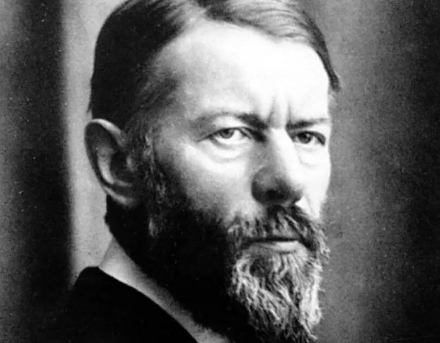In the long history of China, Emperor Taizu of Song, Zhao Kuangyin, is an important figure. His life is full of legendary colors, among which the most striking is his deep attachment to Chang'an and the ultimate decision to stay in Kaifeng.

During his reign, Zhao Kuangyin always had a wish, that was to relocate the capital back to Chang'an. Chang'an, as one of the four ancient capitals of ancient China, has a long history and profound cultural heritage. In Zhao Kuangyin's view, Chang'an is not only the historical center of China, but also an important hub of politics and economy. He hoped to revive the grandeur of the Tang Dynasty and achieve the prosperity of the country by relocating the capital to Chang'an.
However, despite Zhao Kuangyin's desire to relocate the capital to Chang'an, he ultimately stayed in Kaifeng. The reasons behind this are complex and diverse.
Firstly, Kaifeng has a superior geographical location and convenient transportation, which is an important channel connecting the north and the south. This gives Kaifeng an irreplaceable advantage in economy, transportation, and other aspects. If the capital were relocated to Chang'an, it might affect the economy and transportation of Kaifeng, thus affecting the development of the entire country.
Secondly, Kaifeng, as the capital of the Song Dynasty, already had a perfect administrative system and rich cultural accumulation. If the capital were relocated to Chang'an, it would not only require rebuilding the administrative system but also cultivating new talents, which would be a difficult task.
Moreover, Zhao Kuangyin has a deep network of connections in Kaifeng, with many of his trusted advisors and supporters residing there. If the capital were relocated to Chang'an, it might affect his rule.
Overall, although Zhao Kuangyin desired to relocate the capital to Chang'an, he ultimately chose to stay in Kaifeng due to various reasons. This also proves that the development of history is often not determined by individual wills, but is the result of the combined effects of multiple factors.
Disclaimer: The above content is sourced from the internet and the copyright belongs to the original author. If there is any infringement of your original copyright, please inform us and we will delete the relevant content as soon as possible.































